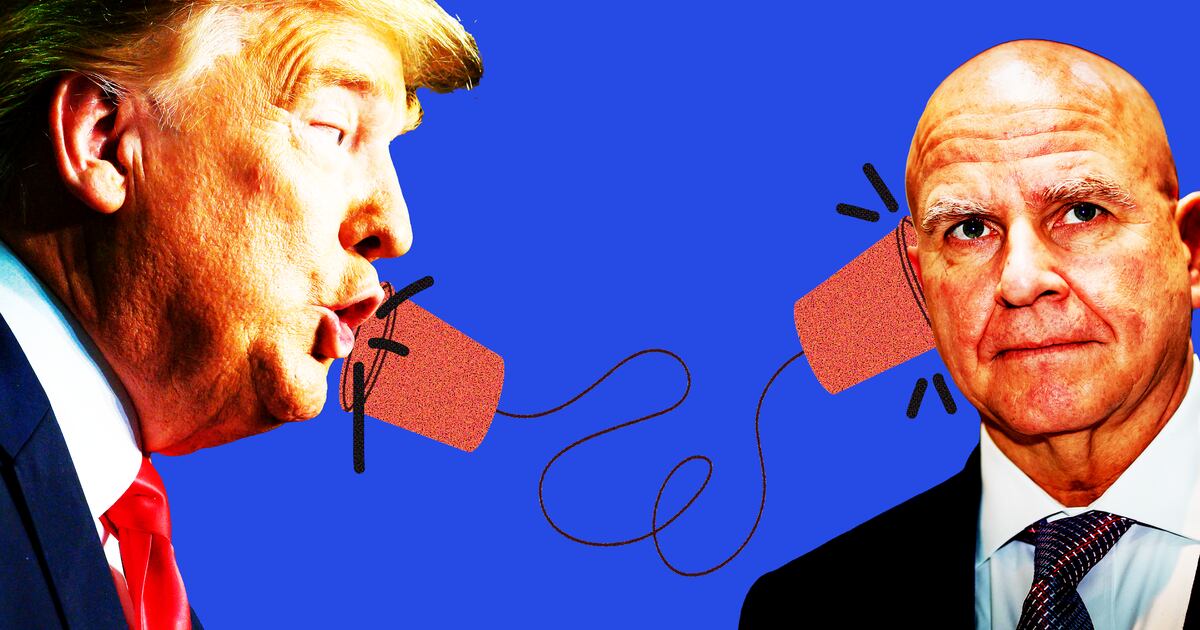Senator Ted Cruz will not only become the first person to officially enter the 2016 race to the White House on Monday—he will also formally kick off a new rivalry: Cruz vs. Paul.
When the Texas Republican launches his campaign for president at Liberty University, he will do so ahead of an upcoming electoral confrontation with Kentucky Republican Senator Rand Paul.
Cruz and Paul are vying for the same post—the insurgent Republican front-runner—who will eventually face off against the more “establishment” candidates such as former Florida governor Jeb Bush.
But there’s a sense of mischievousness to Cruz’s timing: Advisers close to Paul leaked a presidential campaign launch date in the first week of April.
By announcing Monday, Cruz becomes the first Republican candidate formally running for his party’s presidential nomination—allowing him a couple weeks of peerless press and fundraising.
It is hard to imagine this as an accident.
Cruz’s campaign strategy, at least in its early stages, has been meticulously planned. Indeed, very little in Cruzworld happens by accident. It remains to be seen, however, whether the senator can maintain his control over the process during a hectic presidential campaign.
The Texas Tea Party firebrand is a man who often writes his own press releases. He admits to checking his phone’s Twitter app obsessively to test the pulse of the public.
(This month, I tweeted that The Washington Post’s Fact Checker had been less than fair in its evaluation of a Cruz quote. In the Capitol the next day, the senator came up to me and said he enjoyed the tweet.)
The Cruz strategy will not include aggressive, direct attacks on Paul. Instead, the Texan’s strategy will be passive aggressive: Cruz will praise his opponents on the issues they have common ground on, while the real criticism will be left unspoken and implied.
The setting of his announcement Monday morning, Liberty University, the largest evangelical Christian university in the world, is also telling.
While Cruz is willing to cede hardcore libertarians to Paul (some of whom are starting to become disenchanted with the Kentucky senator), he’ll be targeting the conservatives with libertarian instincts who identify positively with the Tea Party movement.
However, the president of Liberty University, Jerry Falwell Jr., has had nice things to say about Paul in the past: In 2013, Falwell said of Paul, “especially after meeting him this morning, the more I thought to myself, ‘I sure hope he runs for president.’”
Cruz and Paul have always had a sort of frienemies relationship in the Senate.
When Paul held a drone filibuster in 2013, Cruz came to the Senate floor to show support. And Paul supported Cruz when the Texas senator filibustered on Obamacare later that year.
Behind the scenes, however, the personal relationships between Cruz’s and Paul’s offices have deteriorated as the presidential campaigns draw nearer. In Cruzworld, there is a belief that Paul’s staff has a sense of entitlement, that they feel that their senator was the insurgent candidate first.
It’s just not Cruz’s style to take on Paul directly—and it would be a bit hypocritical to start now. The Texas senator is fond of asking reporters whether they’ve ever heard him launch an unkind, personal attack on a fellow Republican (unless that Republican is named “John McCain” or “Mitt Romney”).
On midterm election night in Austin, Cruz told The Daily Beast, “An awful lot of folks in the media like to focus on internal politics in Washington, on the jockeying of one politician versus another. In my view, most Americans could not care less about politicians in Washington bickering.”
One example of how that fight plays out is the differing opinions Paul and Cruz had on NSA reform. Cruz was a co-sponsor of a NSA surveillance reform bill that made incremental reforms to the surveillance agency, while Paul played a role in sinking the bill in November, arguing that it didn’t go far enough.
The maneuver put Cruz between Republican hawks, who want the NSA to maintain its existing surveillance capabilities, and Paul, who was insistent that more could be done to curtail the agency—even at the risk of getting no reforms at all.
And that’s exactly where Cruz wants to be.




